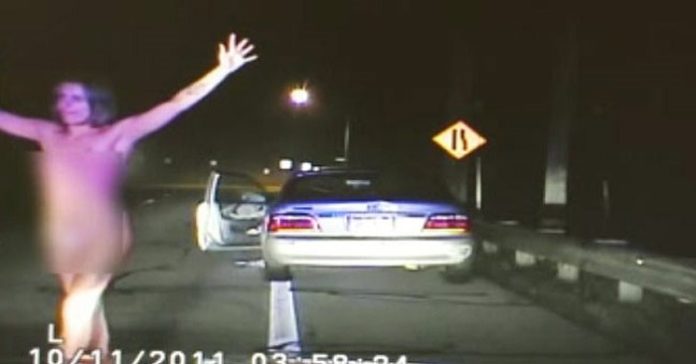
By Clarice Palmer at theantimedia.org
According to local CBS-affiliate KEYE TV, DWI arrests have increased 7.5 percent between May and June in the city of Austin in Texas. What changed? Uber and Lyft left town on May 9.
“The Austin Police Department released new numbers to KEYE TV that show there were 359 DWI arrests from May 9, the day Uber and Lyft shut down, to May 31st of this year,” KEYE TV reported. “Last year during the same time period, there were 334 arrests. That’s a 7.5 percent increase in the weeks following their departure.”
But before the ridesharing apps were essentially banned from Austin, Uber released a statement claiming drunk driving crashes had been decreasing in the region since the app became popular among locals. They urged Austin residents to help stand with them. A Politifact report reviewed Uber’s claim, ruling the ridesharing giant was mostly correct. Since ridesharing entered the Austin market, the rate of DWI crashes dropped 23 percent, suggesting that, perhaps, making rides widely available correlated with the rate shift.
In Austin, there are more bars per capita than any other city in the United States. It would be fair to think locals would fight any attempt to restrict or ban two of the most drunk-friendly companies in the country. Yet just a month ago, Austinites said no to Proposition 1, a ballot defeat that allowed the City of Austin to go ahead with plans to require that rideshare drivers’ be fingerprinted for background checks. The city also moved to prohibit rideshare drivers from stopping in lanes of traffic while picking up passengers.
These changes prompted Silicon Valley-based Uber and Lyft to leave town. The gap left behind prompted local drivers to help fill the vacuum. Now, instead of a ridesharing app, Austinites turn to Facebook groups to find a ride.
After May 9, 10,000 Uber drivers lost their credentials, and Arcade City/Request A Ride was born. It is a closed Facebook group with over 36,000 members that offers locals an opportunity to request and give rides — to total strangers.
But as the group becomes popular, problems are beginning to concern users.
According to Vocativ, people are posting their locations to thousands of other locals, which is a concern on its own — but other problems appear to have already been giving Arcade City members serious headaches.
“Equally alarming,” Vocativ suggests, “there’s no way of knowing who’s actually picking you up. Anyone can join the group, make a Facebook profile, and photoshop a fake Uber profile to their liking.”
In spite of these concerns, Arcade City’s popularity gains traction — and city officials have vowed to bring the group down, targeting the ridesharing group and its users by impounding people’s cars.
In a statement, Arcade City’s founder, Christopher David, said:
“The City of Austin created a mess by pushing out Uber and Lyft. Now the City is impounding the vehicles of drivers who are helping to clean up that mess. Everyone involved with this ‘sting’ should be ashamed.”
Austin is not the only city where officials seem to be targeting ridesharing. Chicago could also lose the apps if the harsher regulations passed recently by the City Council have the same effect as the new restrictions in Austin.
This article (DWI Arrests Skyrocket After Uber and Lyft Chased Out of Austin) is free and open source. You have permission to republish this article under a Creative Commons license with attribution to Clarice Palmer andtheAntiMedia.org. Anti-Media Radio airs weeknights at 11 pm Eastern/8 pm Pacific. If you spot a typo, please email the error and name of the article at [email protected].





Good Afternoon,
After reading this article, I thought you would be interested in an informative piece that discusses reasons as to why the ridesharing services, such as Uber and Lyft, were pushed out of Austin, Texas. This piece also discusses whether their current presence is alleviating occurrences such as drunk driving since their return.
This information can be found here: https://www.tatelawoffices.com/ubers-departure/